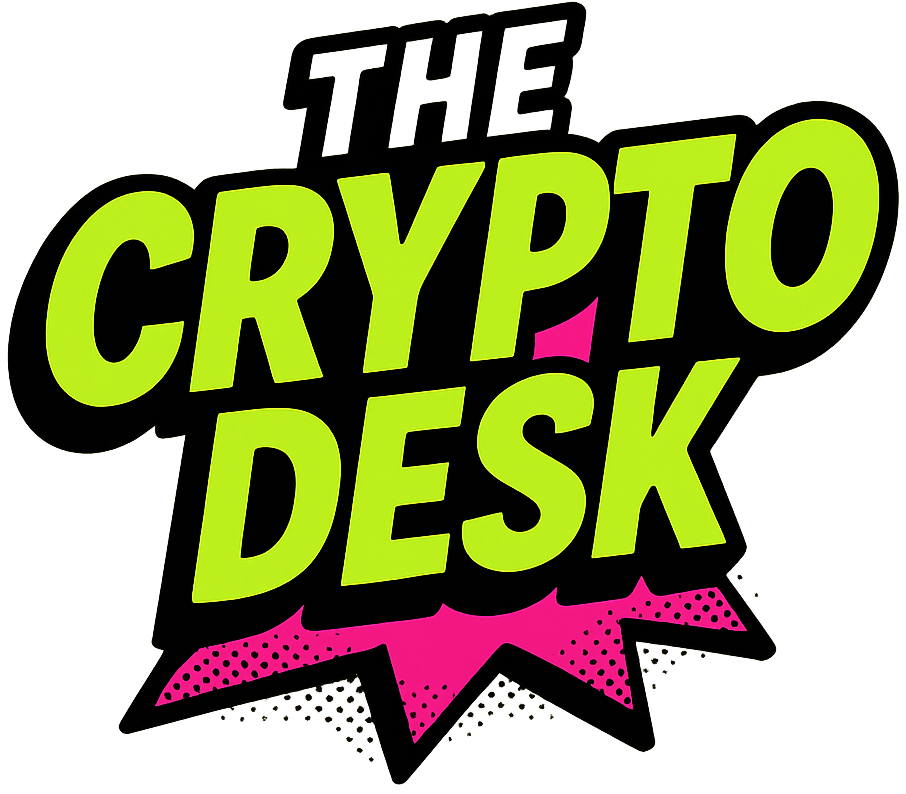El Salvador’s Bitcoin Revolution: A New Chapter in Cryptocurrency Adoption
In a groundbreaking moment for the world of cryptocurrency, El Salvador became the first nation to embrace Bitcoin as legal tender in 2021. Fast forward to today, and a shocking 89% of the country’s Bitcoin service providers are operating in the shadows, with many now inactive. This unexpected turn raises crucial questions about the sustainability and future of Bitcoin within the nation’s economy.
The Stark Reality: Inactive Providers Dominate the Scene
Recent data from the Central Reserve Bank (BCR) reveals that out of 181 registered Bitcoin service providers in El Salvador, a staggering 161 are classified as “non-operating.” This situation is compounded by the fact that at least 22 of these providers have failed to meet key regulatory standards laid out in the Bitcoin Law Regulations, particularly those related to anti-money laundering protocols, financial record-keeping, and essential cybersecurity measures. As it stands, only 20 providers, including the state-backed Chivo Wallet and other notable entities like Crypto Trading & Investment and Fintech Americas, continue to engage actively in the marketplace.
Why This Matters: The Future of Bitcoin in El Salvador
The mass inactivity among Bitcoin service providers raises significant concerns for El Salvador’s ambitions to establish a thriving cryptocurrency ecosystem. When El Salvador made headlines in 2021, the prospect of Bitcoin co-existing with the U.S. dollar promised a unique financial landscape for the country. However, following a $1.4 billion agreement with the International Monetary Fund (IMF) and a notable rollback of the Bitcoin Law—specifically the removal of Bitcoin’s legal tender status—these ambitious plans appear to be losing momentum.
Could this be a harbinger for a broader decline in cryptocurrency adoption? Analysts suggest that without robust regulatory support and operational frameworks, Bitcoin’s status as a viable alternative currency could falter, leaving the nation at a crossroads.
President Bukele’s Balancing Act: Bitcoin vs. IMF
Despite the challenges, President Nayib Bukele remains an ardent supporter of Bitcoin. His administration continues to accumulate Bitcoin, currently holding over 6,100 BTC valued at around $500 million. This investment strategy has elicited criticism, with detractors warning that it could jeopardize El Salvador’s financial stability and strain relationships with the IMF. Yet, Bukele remains undeterred, believing that Bitcoin can play a pivotal role in the country’s economic rebirth.
Beyond Cryptocurrency: Bukele’s Vision for Tech Transformation
Looking beyond the controversies surrounding cryptocurrency, Bukele is ambitious about transforming El Salvador into a regional tech hub. He recently met with the co-founders of Silicon Valley’s venture capital powerhouse, Andreessen Horowitz, to explore investment opportunities in artificial intelligence and technology sectors. These discussions emphasize incentives such as a 0% tax rate for tech companies and streamlined regulations aimed at fostering innovation.
🇸🇻 President Bukele recently met at Casa Presidencial with the co-founders of Silicon Valley venture capital firm, Andreessen Horowitz: @pmarca @bhorowitz Topics discussed include: ➡️ Investment opportunities in El Salvador as an emerging regional tech hub focused on freedom… pic.twitter.com/WwQy0wkApY — The Bitcoin Office (@bitcoinofficesv) March 2, 2025
A Vision for the Future: Bitcoin City Airport
In a bid to bolster this vision, the government has also launched the ambitious Bitcoin City Airport project, designed to connect the innovative “Bitcoin City” with global destinations. A video released by the nation’s official press agency showcases President Bukele laying the first foundational stone for what is envisioned as the Pacific Airport, a key infrastructure project that could stimulate tourism and international business in the region.
Expert Opinions: Insights from the Cryptocurrency Community
What do experts think about El Salvador’s fluctuating crypto landscape? Many analysts believe that while the initial excitement around Bitcoin adoption was groundbreaking, the challenges faced by service providers signal a need for improved regulatory frameworks and support structures. As cryptocurrency continues to evolve, ensuring the integration of such standards could be pivotal for nations following El Salvador’s lead.
Conclusion: The Path Forward for El Salvador and Bitcoin
As El Salvador navigates its complex relationship with Bitcoin, the coming months will be crucial in determining the viability of this digital currency as a mainstay in its economy. Will the government’s ambitious tech initiatives and investments in Bitcoin pay off or are they setting the nation on a precarious path? The world is watching closely, and discussions around these revolutionary changes are bound to shape the future of cryptocurrencies not just in El Salvador, but across the globe. Join the conversation: Do you believe Bitcoin can still thrive in El Salvador? What do you see as the country’s most significant challenge moving forward?

